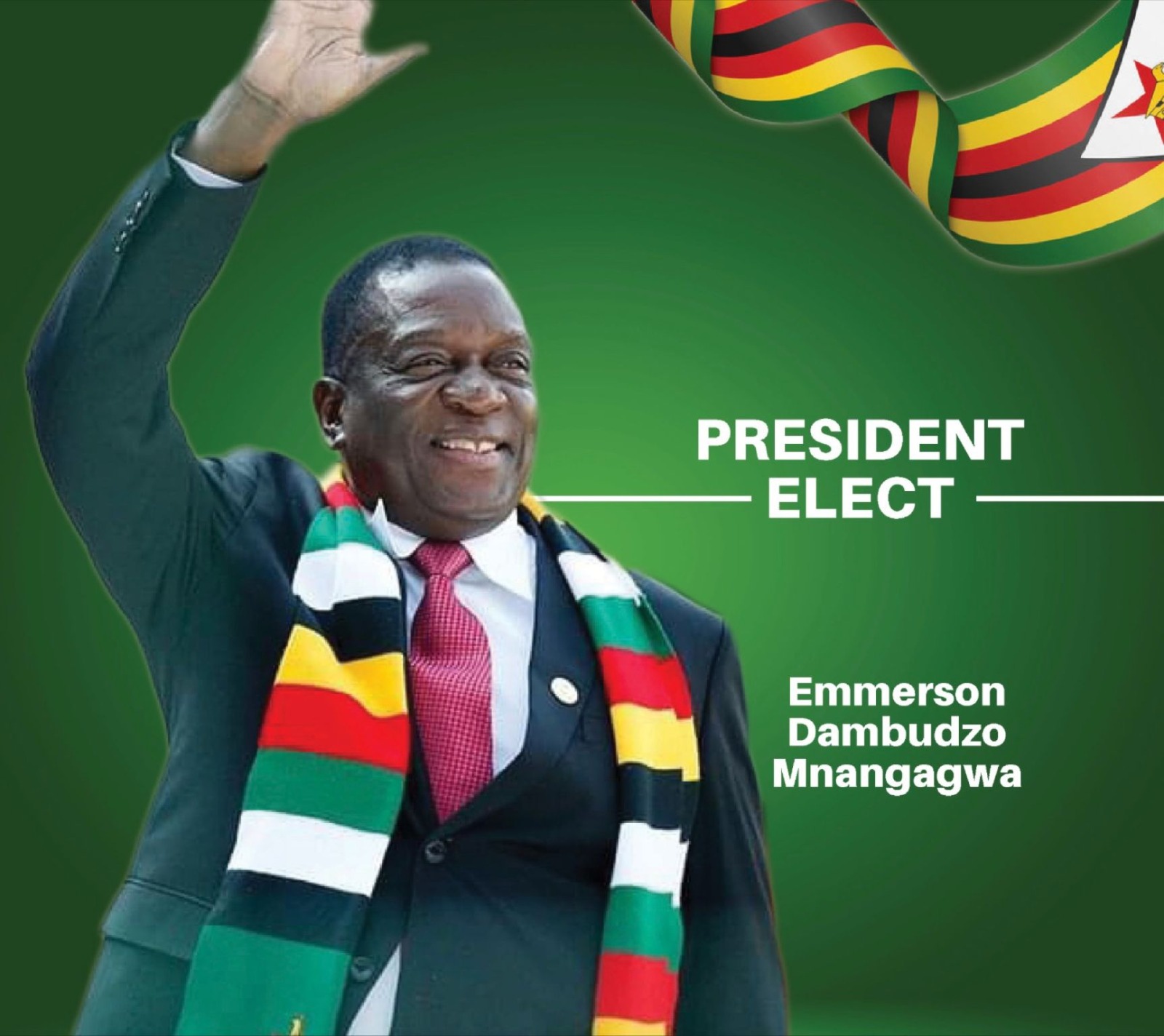Incumbent Emmerson Mnangagwa has been declared the winner of Zimbabwe’s recent presidential election, securing approximately 53% of the vote, according to an announcement by the country’s elections commission on Saturday evening. However, the opposition and analysts immediately raised doubts about the validity of the result.
Mnangagwa, who assumed power following a military coup in 2017 that ousted long-standing leader Robert Mugabe, was widely anticipated to clinch a second term in office, benefiting from what critics say was a heavily skewed contest favouring the ruling ZANU-PF party. The party has maintained control for over 40 years.
The Zimbabwe Electoral Commission (ZEC) stated that Nelson Chamisa, the main contender from the opposition Citizens’ Coalition for Change (CCC) party, garnered 44% of the presidential vote. Mnangagwa’s victory prompted jubilation among ZANU-PF supporters at the results centre.
A spokesperson from the CCC expressed scepticism regarding the results, posting on X, that the party rejects “any result hastily assembled without proper verification”.
Mnangagwa had previously narrowly defeated Chamisa in the 2018 presidential election. Although the opposition alleged that the election was tainted by irregularities, the constitutional court upheld the outcome.
In the lead-up to this election, the absence of widespread violence was noted, but authorities frequently prohibited opposition gatherings and detained opposition supporters using stringent public order laws in Zimbabwe.
ZANU-PF has denied allegations of unfair advantage or attempts to manipulate election outcomes through rigging.The head of the European Union’s observer mission remarked that this week’s vote occurred in a “climate of fear”. The Southern African regional bloc SADC’s mission highlighted concerns such as voting delays, rally bans, and biassed state media coverage.



